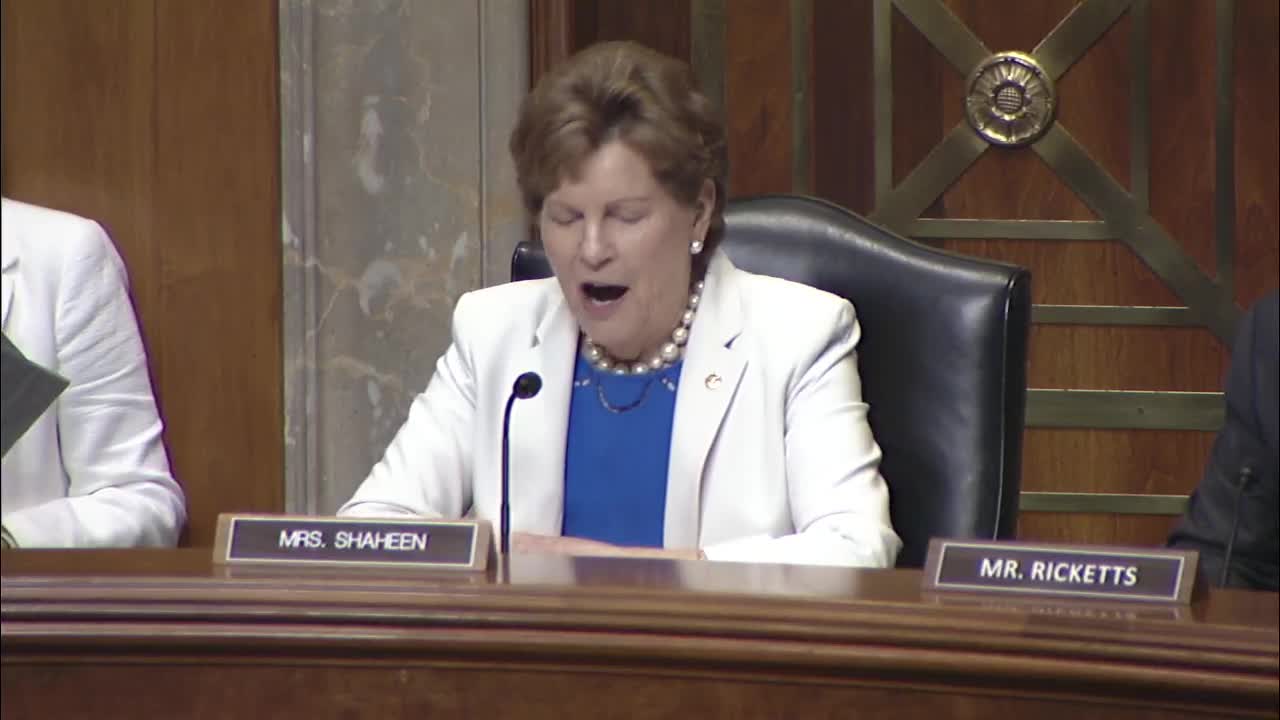Europe unites against Putin as Ukraine defies expectations
July 30, 2024 | Foreign Relations: Senate Committee, Standing Committees - House & Senate, Congressional Hearings Compilation, Legislative, Federal
This article was created by AI summarizing key points discussed. AI makes mistakes, so for full details and context, please refer to the video of the full meeting. Please report any errors so we can fix them. Report an error »

In a recent government meeting, officials discussed the profound shifts in Europe resulting from Russia's invasion of Ukraine, which began in 2022. The invasion, initially perceived by President Putin as a strategy to weaken European unity, has instead galvanized a stronger transatlantic alliance. Ukraine's resilience in defending its sovereignty has been highlighted, with military successes against Russian forces underscoring its determination.
The meeting emphasized the significant political and economic ramifications of the conflict, particularly Europe's move away from reliance on Russian energy sources. This transition has led to increased energy prices and record inflation, yet public support for Ukraine remains robust across Europe. The discussions also touched on the implications of recent elections in Europe, where far-right political groups are attempting to exploit public discontent.
Key topics included the need for continued economic coordination between the U.S. and Europe, addressing threats from Russia and China, and supporting Ukraine's fight for independence. Officials expressed the importance of ensuring that citizens in both regions understand the stakes involved and the benefits of a united front against authoritarianism.
The meeting concluded with a call to bolster support for aspiring NATO and EU members in the Western Balkans and to uphold democratic values in countries like Georgia, where pro-EU sentiments face internal challenges. The role of U.S. partnerships in enhancing security and prosperity was underscored, as officials prepare for ongoing challenges in the region.
The meeting emphasized the significant political and economic ramifications of the conflict, particularly Europe's move away from reliance on Russian energy sources. This transition has led to increased energy prices and record inflation, yet public support for Ukraine remains robust across Europe. The discussions also touched on the implications of recent elections in Europe, where far-right political groups are attempting to exploit public discontent.
Key topics included the need for continued economic coordination between the U.S. and Europe, addressing threats from Russia and China, and supporting Ukraine's fight for independence. Officials expressed the importance of ensuring that citizens in both regions understand the stakes involved and the benefits of a united front against authoritarianism.
The meeting concluded with a call to bolster support for aspiring NATO and EU members in the Western Balkans and to uphold democratic values in countries like Georgia, where pro-EU sentiments face internal challenges. The role of U.S. partnerships in enhancing security and prosperity was underscored, as officials prepare for ongoing challenges in the region.
Don't Miss a Word: See the Full Meeting!
Go beyond summaries. Unlock every video, transcript, and key insight with a Founder Membership.
✓
Get instant access to full meeting videos
✓
Search and clip any phrase from complete transcripts
✓
Receive AI-powered summaries & custom alerts
✓
Enjoy lifetime, unrestricted access to government data
30-day money-back guarantee
